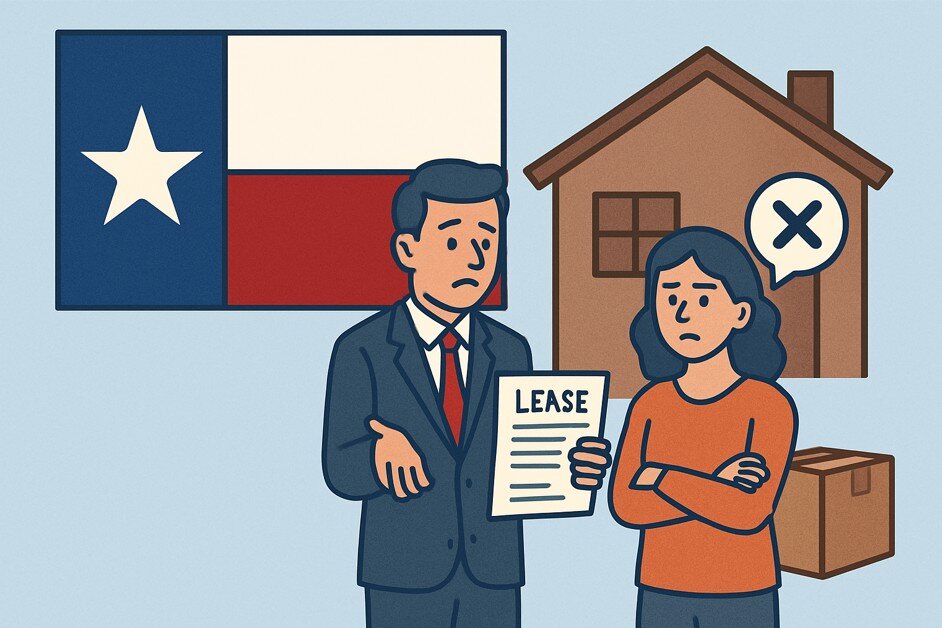
As a landlord, dealing with a tenant who refuses to vacate after the lease has expired can be frustrating and legally complicated. Whether it’s due to miscommunication, financial hardship, or outright refusal, understanding your rights and the legal steps you can take is essential. This FAQ guide covers the most common questions landlords ask when facing a tenant who won’t move out.
❓ FAQs
1. Why Would a Tenant Stay After the Lease Has Ended?
Some common reasons include:
- Financial hardship or inability to find new housing
- Misunderstanding about lease terms
- Intentional delay tactics
- Belief that the landlord won’t take legal action
Understanding the reason can help you respond appropriately.
2. Is It Legal for a Tenant to Remain After the Lease Expires?
In most jurisdictions, if a tenant stays without permission after the lease ends, they become a holdover tenant. While it’s not technically “illegal,” it does mean they’re occupying the property without a valid lease, which allows the landlord to pursue eviction.
3. What Is a Holdover Tenant?
A holdover tenant is someone who continues to live in a rental unit after their lease has ended. Depending on local laws, a landlord may:
- Accept rent and create a month-to-month tenancy
- Refuse rent and begin eviction proceedings
4. Can a Landlord Force a Tenant to Leave After the Lease Ends?
No. You cannot:
- Change the locks
- Shut off utilities
- Remove their belongings
These actions are considered illegal self-help evictions and can result in penalties against the landlord. You must go through the legal eviction process.
5. What Legal Steps Can I Take if the Tenant Won’t Move Out?
Steps include:
- Serve the proper notice to quit or vacate
- File for eviction (unlawful detainer) in court if the tenant still refuses to leave
- Attend a court hearing
- Obtain a writ of possession
- Coordinate with local authorities (sheriff or constable) to remove the tenant
6. How Much Notice Does a Landlord Need to Give a Tenant to Vacate?
This depends on your location. In many areas:
- No lease = 30-day notice
- Month-to-month = 30–60 days
- Holdover tenant = can often proceed with immediate eviction after proper notice
Check your state or local laws for exact requirements.
7. How Long Does It Take to Evict a Tenant Who Won’t Leave?
The full eviction process can take:
- 2–6 weeks in fast jurisdictions
- 2–3 months or longer in areas with tenant-friendly laws or court backlogs
Delays can occur if the tenant contests the eviction in court.
8. Can I Charge Rent if the Tenant Stays After the Lease Ends?
Yes. In most jurisdictions, you can charge a holdover rent—often higher than the original lease rate—until the tenant leaves or is legally removed. This must be backed by your lease agreement or state law.
9. What Are My Rights as a Landlord in This Situation?
You have the right to:
- Initiate legal eviction
- Seek compensation for unpaid rent and damages
- Protect your property from unauthorized occupancy
Always document everything and follow legal procedures strictly.
10. How Can I Prevent This From Happening Again?
Prevention tips:
- Use clear lease language with defined move-out procedures
- Send reminders near lease end
- Screen tenants carefully
- Consider cash for keys as a last resort for peaceful move-outs
✅ Conclusion
When a tenant refuses to move out after their lease ends, it’s essential to stay calm, act legally, and follow the proper eviction process. While the situation can be frustrating, avoiding illegal actions and seeking legal guidance will help protect your rights as a landlord. With the right preparation and communication, future disputes can often be avoided.